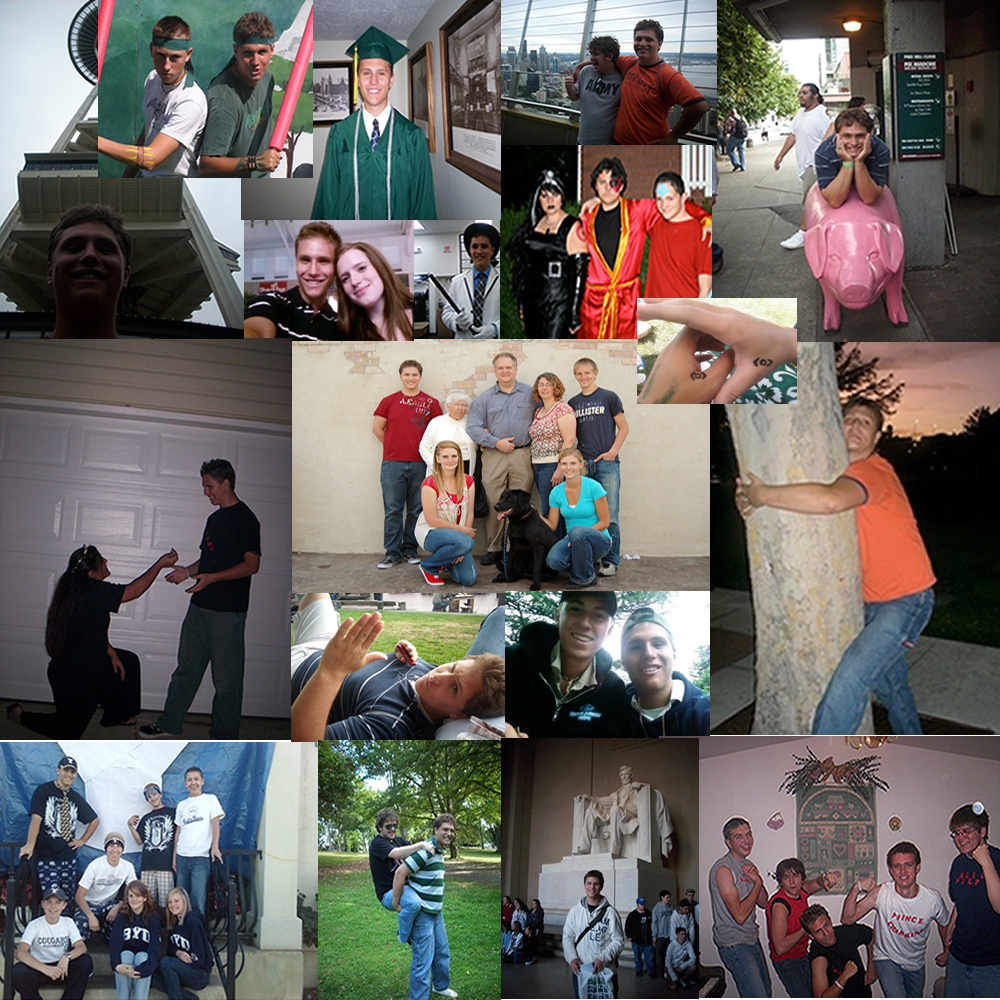Robert Fagles' translation of the Iliad deserves an A.
I began reading this book for my Greek History class but I have always wanted to read it anyway. I am glad that the teacher led me to this translation because rather than being stilted and archaic, it is pure poetry.
Every line and section is written as it might have been sung thousands of years ago. Several small sections have become my favorite poems and the book as a whole is one long poem.
A good book makes you look forward to reading more. Luckily, I have the Robert Fagles' translation of the Odyssey on order from Amazon and I can't wait to read it.
Characters
Trojans: I generally dislike many of the Trojans. The glaring exceptions are Andromache and Hector, both of whom I love. I love Andromache because she is the perfect example of a loving, faithful wife. Her emotions feel real and her scenes, though few, are captivating. Hector is not the best warrior, but he is the best Trojan. In modern days he is often seen as a family man, which of course he is. However, none of these are the reasons I respect and like Hector. I like Hector because he knows that the entire Trojan kingdom rests on his back and that responsibility drives him to be a hardened leader who knows that he can not possibly win, but fights for it anyway. Whether the gods are with him or not, Hector knows he must always press on.
Greeks: I like Achilles because he knows he is the best and so does everyone else. He does not disappoint. He has the love of the gods and his refusal to fight is justified because he is powerful enough to say that it is. Having said that, I think he is petty and this undercuts his heroism. Diomedes shines for me brighter than anyone else. Diomedes feels he needs to prove that he can be a good warrior and he succeeds. Athena is with Diomedes and the man is ambitious enough to attack the gods (he harms both Aphrodite and Ares, his own father). Diomedes steps in to fill the hole left by the absence of Achilles. Odysseus does not shine too much in this book but he does have his moments and I do like him. He is best friends with Diomedes and although he is more of a strategist that a warrior, he doesn't pass by opportunities to protect his friends and fight for the Greeks. Two examples of this are when he goes with Diomedes to attack the Trojan camp during the night and another example when Diomedes is wounded and Odysseus stands alone against a horde until Ajax comes to relieve him. I am also a big fan of Patroclus because he loves Achilles enough to know his duty and not fight, though he wants to badly. Yet at the same time he pushes those boundaries and helps the sick men in the camps despite Achilles' ban on giving aid. His spirit quickly leads to his death and I wish we could have gotten to know him better.
Olympians: On my hate list are Apollo and Aphrodite, who support the Trojans. I do not like Aphrodite because she just constantly whines. She is technically responsible for the entire war yet she does not assume this responsibility and kind of pops in and out of the battle to conveniently save people who deserve to die. When she is wounded by Diomedes she comes crying to Zeus. She is pathetic. Apollo is strong and wise and he also fights for the Trojans. What I do not like about Apollo is that he seems to fight for himself, not the Trojans. He aids Hector and others, but only when it suits him and at no risk to himself. This seems cowardly even though he has great power. The only god that I love is Athena. Hera is okay, especially towards the middle of the book, but Athena is constantly in good standing. Athena loves warriors and she only loves the best. From the beginning Athena is drawn to Diomedes which made me like both of them even more. Athena often fights with Diomedes and allows him godlike abilities such as seeing gods and harming gods. Athena does not back down from a fight. She has a confrontation with Apollo directly, later in the book, and Apollo backs down though he is stronger. Athena commands respect and divinity.
I would recommend this book to anybody. I promise they will love it. If they open their minds to the possibility that the gods are actually real and this is the true, perfectly accurate history of Greece then it becomes even more exhilarating. One warning is that many people die and it is often described in graphic terms.

No comments:
Post a Comment